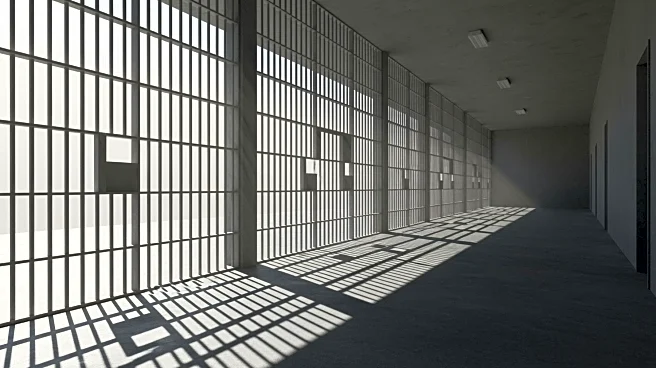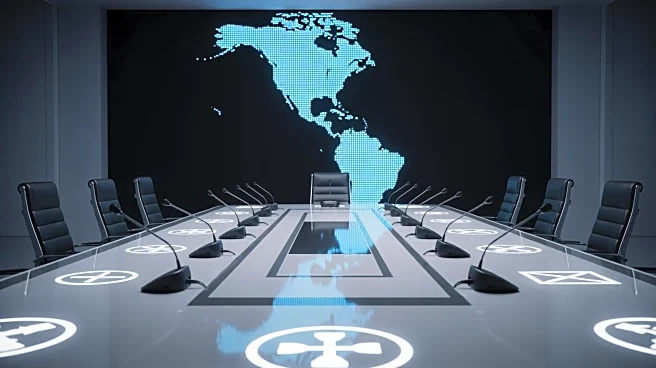By Marcela Ayres
BRASILIA (Reuters) -Brazilian banks are scrambling to assess the domestic fallout from sweeping U.S. sanctions against a Supreme Court justice who oversees a criminal trial against an ally
of President Donald Trump, as legal teams weigh how the move to isolate the judge financially could ripple through Brazil's financial system.
Justice Alexandre de Moraes is presiding over the trial of former President Jair Bolsonaro, a far-right leader who is accused of plotting a coup to overturn his 2022 electoral loss. Bolsonaro has denied attempting to overthrow the government, but said he attended meetings aimed at reversing the vote.
Trump, who has called the trial a "witch hunt" and revoked Moraes' U.S. visa, on Wednesday sanctioned the justice under the Global Magnitsky Act, accusing him of authorizing arbitrary detentions and suppressing free speech.
The act allows the U.S. to impose economic penalties against foreigners it considers to have a record of corruption or human rights abuses. The U.S. sanctions were accompanied by an executive order imposing steeper tariffs on Brazilian goods that also cited the case against Bolsonaro.
Sanctions under the Magnitsky Act freeze assets under U.S. jurisdiction and bar U.S. firms from doing business with designated individuals.
While Moraes holds no assets in the United States, according to Brazil's Supreme Court, the sanctions could prevent him from using payment cards backed by U.S. financial companies such as Visa and Mastercard.
The global reach of the U.S. financial system often leads foreign banks to restrict a wider range of transactions by sanctioned individuals to avoid secondary sanctions, raising questions of how far Brazilian financial institutions need to go to comply with the new orders.
Bradesco CEO Marcelo Noronha told analysts on Thursday the bank was awaiting legal opinions from law firms it hired to assess the sanctions' reach.
A source at another top-five bank in Brazil said its initial view is that domestic operations are unaffected, but international and foreign exchange transactions could breach U.S. rules.
"So far, the consensus is that the safest ground is limited to transactions in local currency," the source said on condition of anonymity because the bank's analysis is private.
Brazil's central bank did not immediately comment on whether it had issued guidance to financial institutions on the matter.
Eduardo Bolsonaro, the former president's son and a lawmaker who is in the U.S. lobbying for his father and for amnesty for rioters who stormed government buildings following the election loss, praised the sanctions online, saying the cost of supporting Moraes "will be unbearable" and would be closely monitored by U.S. authorities.
President Luiz Inacio Lula da Silva condemned the sanctions as unacceptable interference in Brazil's judiciary, while Vice President Geraldo Alckmin said that the Magnitsky Act should not punish judges for doing their job.
In a statement on Wednesday, Brazil's Supreme Court said it "will not deviate from its role of upholding the constitution and the country's laws."
On Wednesday night, Moraes was seen waving and smiling to fans at a soccer match. A picture of him making a rude gesture during the match circulated widely on social media and the local press.
(Reporting by Marcela Ayres in Brasilia, with additional reporting by Paula Laier and Luciana Magalhaes in Sao PauloEditing by Rod Nickel)












